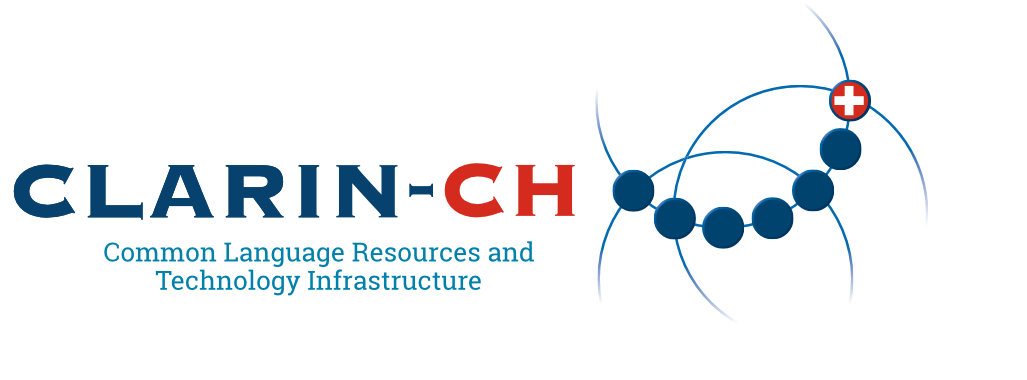LCP successfully launched: New milestone reached in the UpLORD project
The Linguistic Corpus Platform (LCP) launched on November 1, 2024, during the first LCP Day. This web-based tool enables researchers to query and analyze linguistic data across text, spoken, and audiovisual corpora directly from their browser.
